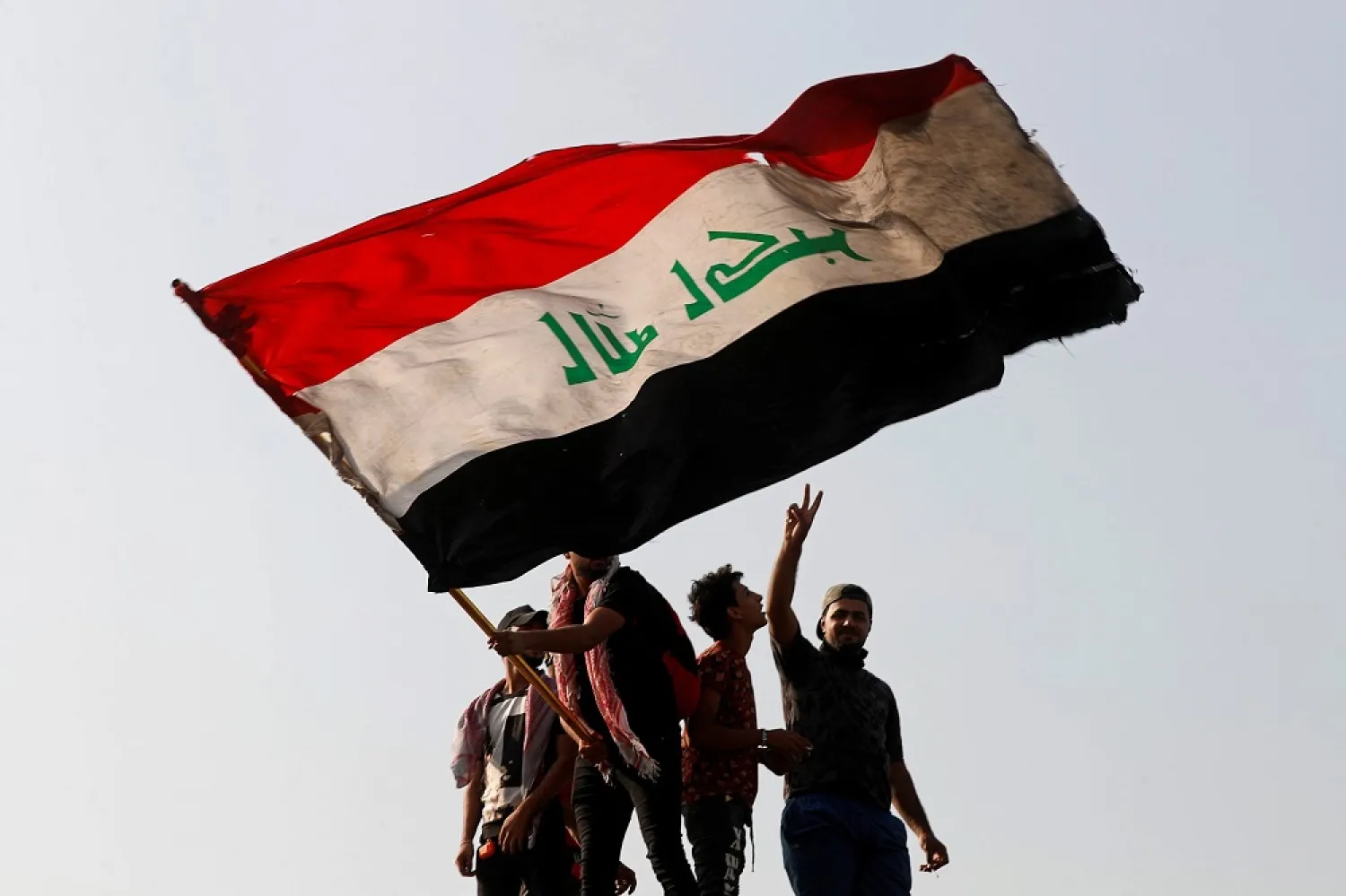At least five people were injured on Monday when Iraqi security forces wielding clubs broke up a street protest in Baghdad’s central Tahrir Square, security and hospital sources said.
Pope Francis plans a March 5-8 visit to Iraq despite deteriorating security in some parts of the country which has seen the first big suicide bombing in Baghdad for three years.
Dozens protested in Tahrir Square in a reaction to security force violence against protesters in the southern city of Nasiriyah on Friday that left at least eight demonstrators dead and some 250 injured.
A security official who spoke on condition of anonymity said that the protesters in Tahrir numbered no more than 60 and they were dispersed within half an hour.
Several hundred people also rallied in the southern port city of Basra on Monday in solidarity with the Nasiriyah protesters, according to a Reuters witness.
Street clashes in Nasiriyah erupted on Feb. 2 and continued for about a week as security forces fired to disperse protesters trying to storm the provincial government building using rocks and Molotov cocktails.
Protesters were demanding the removal of the governor and justice for the killings of protesters since a wave of popular unrest over endemic state corruption, poor public services and high unemployment began in 2019.
Later on Friday, Nasiriyah’s regional governor stepped down and Prime Minister Mustafa al-Kadhimi appointed a successor and formed a committee to investigate the killings.
Nasiriyah’s protesters on Sunday suspended rallies for 72 hours to give the government a chance to meet their demands including investigations of members of security forces who fired on demonstrators and a prosecution of the former governor.









